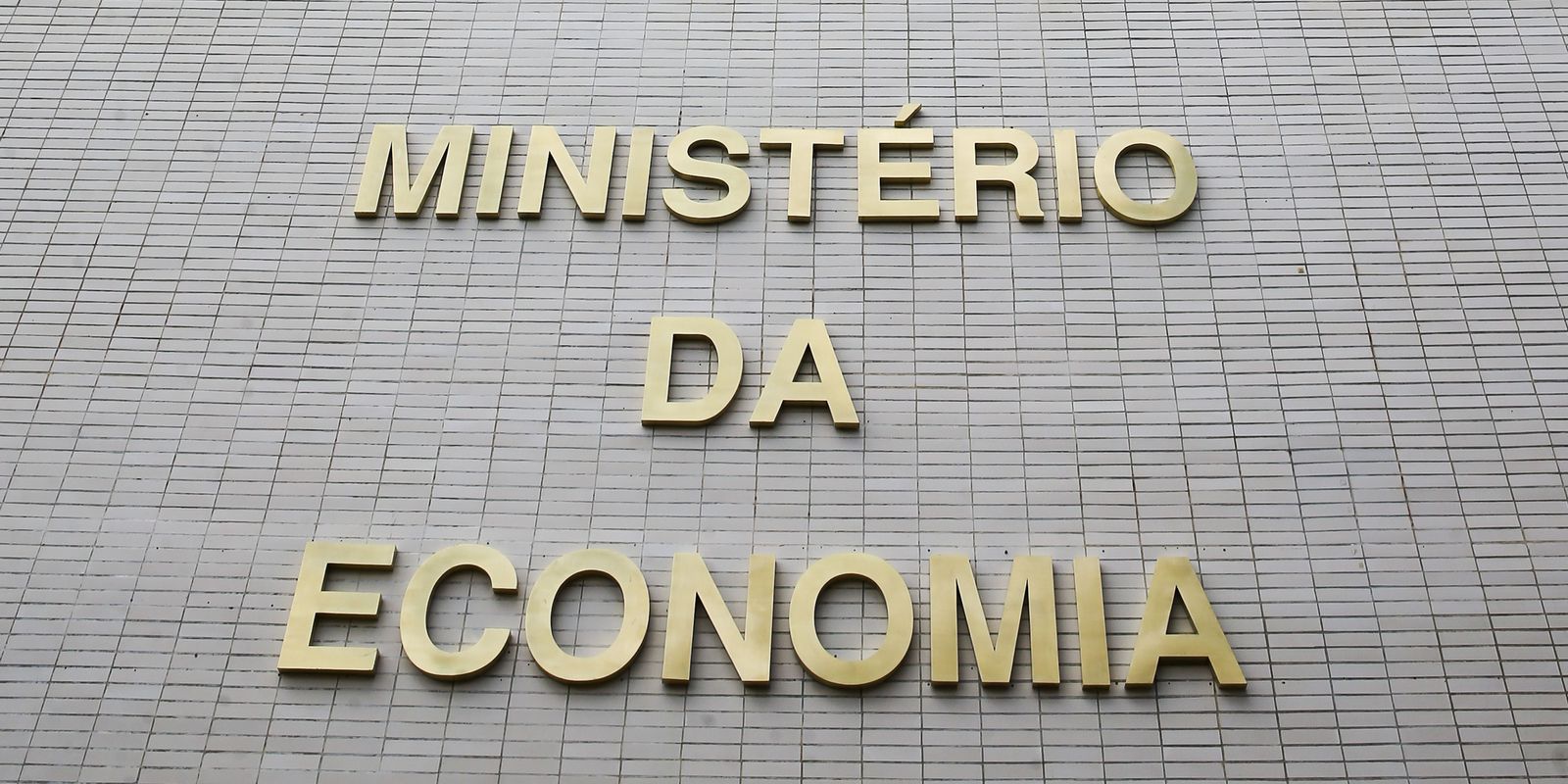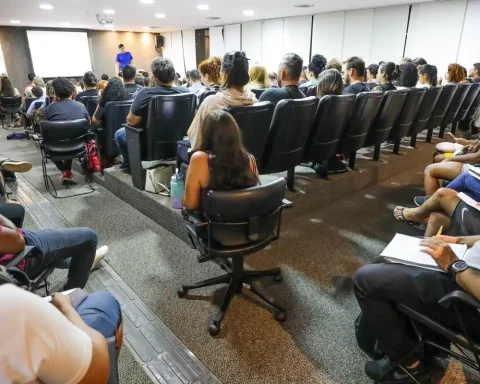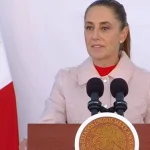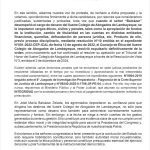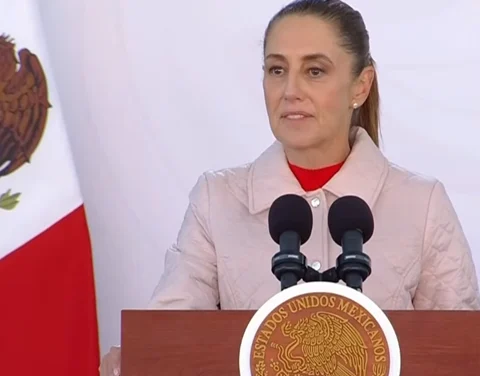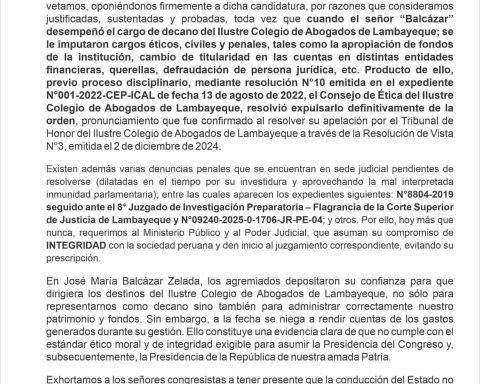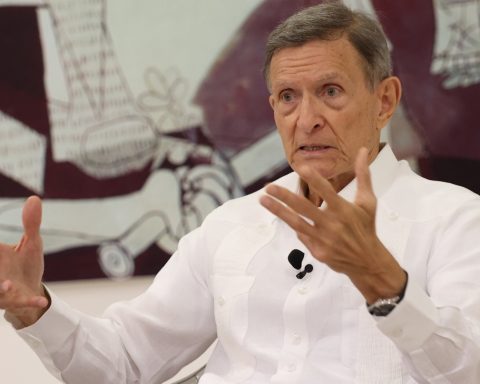The replacement of inflation for the federal civil service will be decided by the end of June, when the deadline established by the Fiscal Responsibility Law expires, said today (30) the Secretary of the National Treasury, Paulo Valle. Until June 30, the government will be able to send adjustments that replace the loss of inflation.
In an interview to explain the February fiscal result, the secretary stated that the 2022 Budget allocates R$ 1.7 billion to readjustments to the civil service. Expenses above that, Valle pointed out, will need to be compensated with a reduction in other expenses.
As it is an election year, readjustments above inflation can only be granted up to six months before the elections, according to the Law 9.504/1997. This year, the deadline ends on Saturday (2), and the Ministry of Economy discards plans for readjustments above inflation.
At the end of last year, President Jair Bolsonaro had promised to allocate the funds to readjust the salaries of federal security agents, such as federal police officers, penitentiary agents and federal highway police officers. However, shortly after the Budget was approved, the president said that the categories that will be readjusted are not yet defined.
Due to the uncertainty surrounding who will receive the adjustment, several categories have promoted stoppages and standard operations since the end of last year. Today, medical experts from the National Social Security Institute (INSS) went on strike. On Friday (1st), it will be the turn of the Central Bank’s servers to cross their arms.
Regarding the various strikes and strikes in the public service, the Secretary of the Treasury defended the alignment of civil servants’ careers, preventing one category from receiving a higher readjustment than another. “Experience shows that whenever you take a step in which one career benefits more than the other, the movement tends to get worse, I don’t know if the word is too strong, but it tends to get more radical”, declared Paulo Valle.
fuels
During the interview, the secretary also said he was against the creation of a fund with public resources to control fuel prices. This fund would subsidize fuel during times of high oil and would be supplied with revenues when the product was low.
“We believe that, to face this fuel problem, measures have to be more focused. Bottom line, our view is that this is an expensive and inefficient initiative”, declared Valle. The secretary said that this is also the position of the Minister of Economy, Paulo Guedes.
The creation of the fund was defended by economist Adriano Pires before he was nominated for the presidency of Petrobras. About ten days ago, the future president of the state-owned company wrote an article on a website in which he presented the proposal. The resources could come from dividends paid by Petrobras to the Union, from royalties of oil or the sale of oil by the state-owned PPSA, which sells oil from the pre-salt layer. The fund would operate from three to six months.
The Treasury secretary defended the focus of public spending, with benefits aimed at the poorest population, such as Auxílio Gás, instead of a fuel fund that benefits those who have a car. “When something is affecting the poorest population, you give some measure to that population. It does not have to give a benefit to the entire population reaching the lower, middle and upper classes”, he justified.
